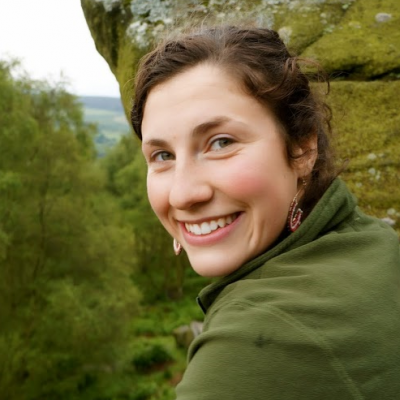Description
Like many other arid and semi-arid counties in Kenya, Laikipia County experiences climate change-related challenges such as frequent droughts and unpredictable rainfall patterns. This leads to periods of food and water insecurity, conflicts over dwindling natural resources such as water and pasture, low seedling survival rates, and limited tree resources. The county also experiences water scarcity, inefficient use of water, and very low adoption of water management technologies, particularly for harvesting and storage, and this impedes crop and tree growing efforts. In addition, unsustainable land management practices contribute to land degradation, deteriorating soil health, ecological imbalances, and the spread of invasive plant species.
This project seeks to build on the investments and experience of phase one in Makueni County to adapt and scale out context-appropriate and gender responsive nature-based solutions for land restoration and climate resilience building in selected sites in Laikipia County (Tigithi, Thingithu and Umande wards). It will continue to focus on strengthening county environmental governance structures, specifically, County Environment Committees (CECs) and intergovernmental collaboration, which underpin the national restoration monitoring and reporting system in Kenya.
Activities
- Context analysis on integrated water, tree, and woodfuel management systems
- Capacity building of key stakeholders, including farmers, and demonstration of gender-responsive and context-appropriate water management, tree growing, and sustainable woodfuel options
- Demonstration of gender-responsive and context-appropriate water management technologies (both in-situ and ex-situ), tree growing (tree nurseries and on-farm) and sustainable woodfuel options like improved locally made biomass cook stoves
- Enhanced seed and seedling supply systems through the establishment of a Rural Resource Centre (RRC) in collaboration with the Laikipia County Government and through agroforestry capacity building for tree nursery operators and farmers
- Training on gender transformative approaches for landscape restoration using community dialogues
- On-farm tree inventories to assess diversity and to guide selection of the right trees in the right place for the right purpose, as well as to identify gaps in the seed and seedling supply systems to guide context-specific restoration efforts
- Capacity strengthening of the Laikipia County Environment Committee (CEC) and three other neighbouring counties and support to Makueni and Laikipia to develop their County Environment Action Plans (CEAPs)
- Production and dissemination of communication and of knowledge products on context-appropriate gender transformative restoration options for wider scaling and influencing policy.
Expected outcomes
- Capacity of key stakeholders including farmers on innovative, locally relevant, and gender-responsive restoration practices (water management, tree growing and sustainable woodfuel) strengthened
- Enhanced seed and seedling supply systems through establishment of one Rural Resource Centre (RRC) in collaboration with the County Government of Laikipia and capacity building of tree nursery operators
- A Suitable Tree Species Selection and Management Tool for Kenya expanded to include the tree inventory data from Laikipia County
- Implementation of innovative, locally relevant, affordable and gender-responsive restoration practices on water management (In-situ and ex-situ), tree growing (from tree nurseries to tree growing on farm) and sustainable woodfuel management like locally constructed improved cookstoves (ICS)
- Capacity of County Environment Committees (CECs) in Laikipia and three neighbouring counties strengthened to understand their mandate for enhanced restoration coordination and monitoring at subnational and national levels
- County Environment Action Plans (CEAPs) for Laikipia and Makueni counties developed and launched.
Target beneficiaries
- Farmers, tree nursery operators, extension agents, relevant county staff, education institutions (primary/secondary schools and Vocational Technical Center)
- The national government through the Ministry of Environment, Climate Change and Forestry and related state agencies
- County governments through the Council of Governors (CoG) and County Environment Committees (CECs).
Key stakeholders
- Ministry of Environment, Climate Change and Forestry and related state agencies
- Council of Governors
- County Governments of Laikipia, Nyeri, Isiolo, Meru, Makueni and Taita Taveta
Contact us

Catherine Muthuri
Details
Project team

Catherine Muthuri

Mary Njenga

Peter Minang

Erick Wanjira

Grace Koech

Mary Crossland

Sammy Carsan


























